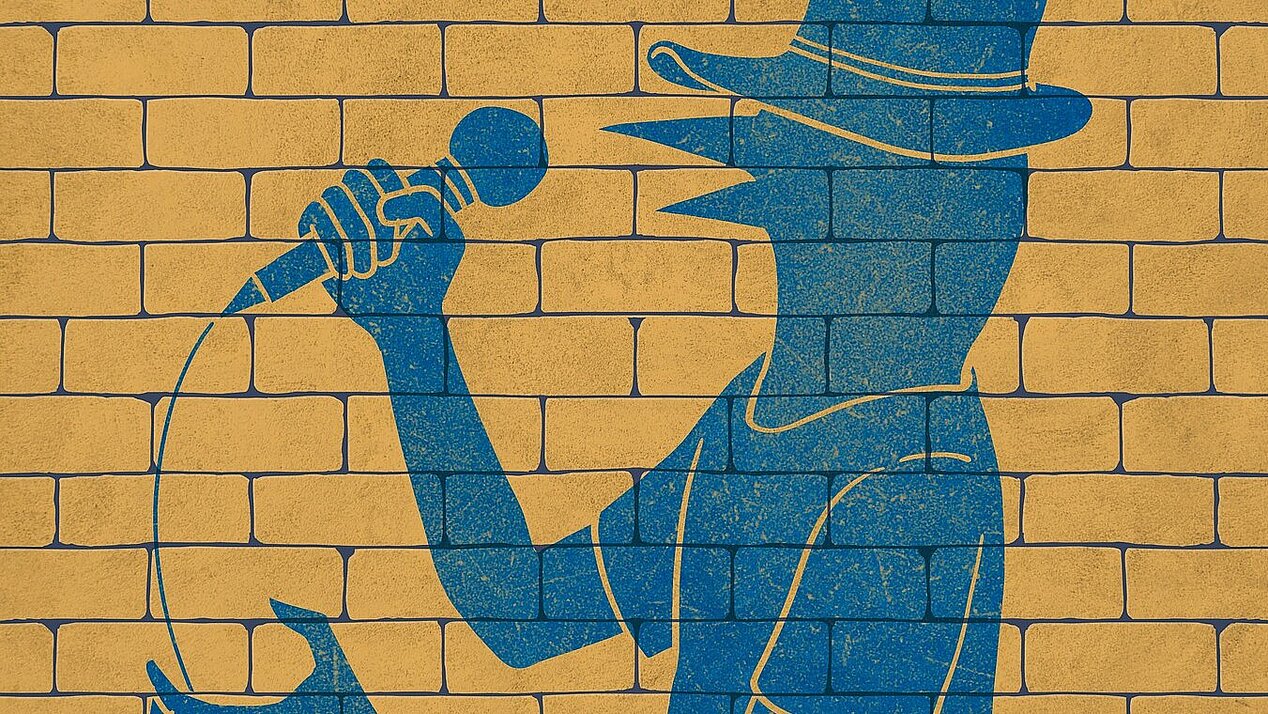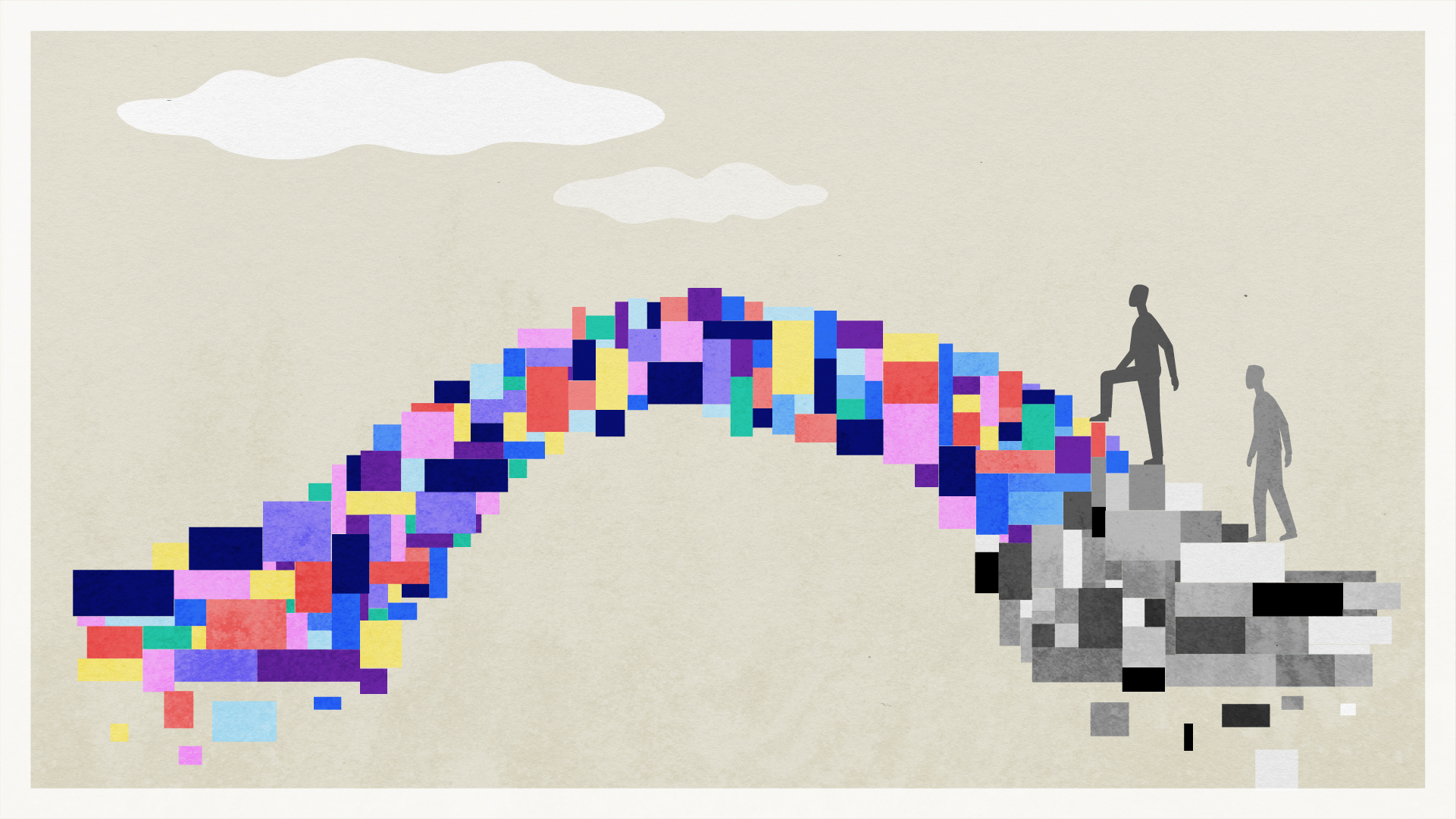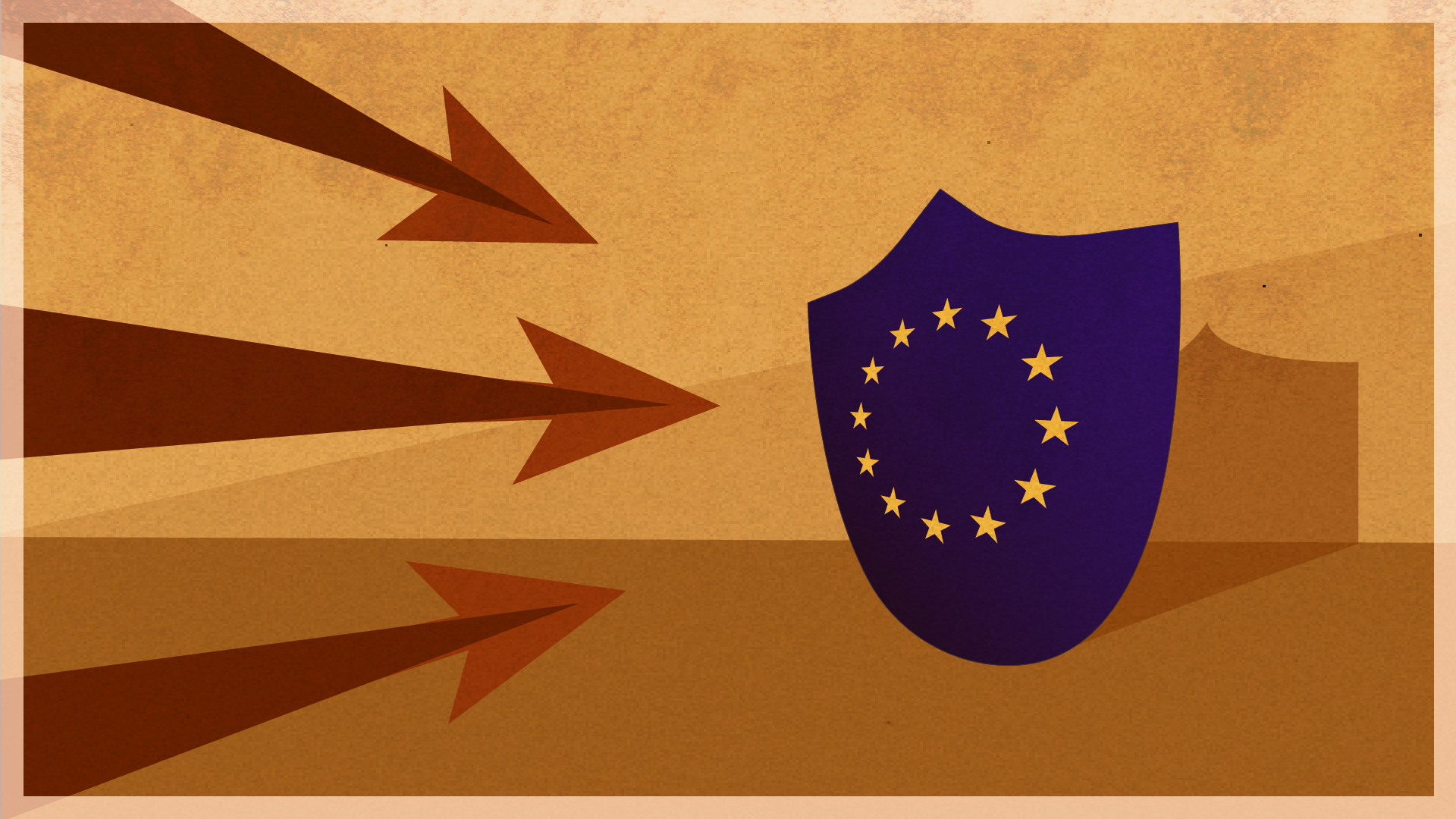As a scholar who looks at these questions conceptually, but also as someone who inhabits both the ‘Western world’ and ‘the Muslim world’, these are questions I experience and live on a daily basis. I appreciate the inclination to consider these questions in a comprehensive and open manner. Inbuilt into your question are the assumptions that the West has a set of values that it holds dear; and that it seeks to export these values as being universally applicable. I think those two assumptions are somewhat contested, and I’d like to explore a little bit as to why.
For example, the West, as a category of enquiry, is somewhat nebulous and generalising. We have Western societies that exist in North America; in Europe; and in Australasia. Between these continents, there are huge differences in how they philosophically and conceptually view the world. Compare how the people in the United States, generally speaking, debate the issue of gun control, for example, with how societies elsewhere in the Western world do. Beyond that, consider different debates within national societies – the topic of multiculturalism in Canada, for example. So, it becomes rather difficult to talk about ‘Western values’ without going into a lot of detail about what we’re precisely talking about. Moreover, we also can talk about ‘Westernisation’, which happens outside of these continents, and how they are impacting societies in Africa and Asia, for example – usually among socioeconomic elites, and particularly via Westernised education. The situation is rather complex, and I think we need to complicate our assumptions regarding what we’re talking about.
The second assumption relates to whether or not we’re actually trying to export these ‘Western values’, and again, I would suggest this is contested. I think where we find evidence for that supposition – for example, in the Iraq War of 2003 – we find at least as much evidence to suggest that the whole claim about ‘exporting Western values’ was more about real politik ideas around deriving the most national interest for this country or that country. The whole discussion about ‘exporting Western values’ was also interwoven with a militarism and a variety of material and commercial concerns. Now, one could argue that all of that is also very much about ‘Western values’ – and there’s certainly an argument for that.
That’s probably not quite what we are imagining – but that is precisely what I am trying to get at. What do we really mean by ‘Western values’, and what are we trying to say we’re doing here or there? And isn’t the idea that we are doing all these kinds of moves as a result of a moralistic internationalism at least contested for some people?
There’s a somewhat apocryphal quote attributed to Mahatma Gandhi that goes along the lines of this: Journalist: What do you think of Western civilisation? Gandhi: I think it would be a good idea.
In that vein, I wonder if the idea that the West was ever trying to really ‘export’ any kind of values is somewhat dubious. More often than not, it’s been used as a rhetorical tool. What I do think is more valid is the idea that many Western states have pushed – somewhat haphazardly, and not consistently – for a politically liberal international order, that is at least rhetorically underpinned by international law, via international institutions like the United Nations and so forth. I do say this has been haphazard and has not been consistent.
We can look at how, for example, the most powerful Western nation, the United States, has engaged in the Arab-Israeli conflict, and frequently uses its veto at the United Nations Security Council to take apart resolutions aimed at condemning Israel for its breaking of international law. Nevertheless, the overriding narrative is that the liberal international order is supposedly underpinned by international law, and it is that order that we promote in the West. Of course, many states will object to that being really sincere. After all, what happened in Bosnia in the 1990s, or in Syria during the 2010s, and of course the Iraq War of 2003, brings all that into question. And this is my basic criticism of the narrative – that even while we might hope that international law was the basis of international order, it’s not really. And I’m not sure when it really was.







